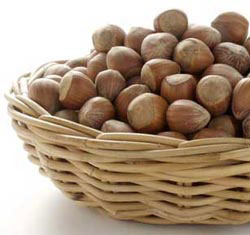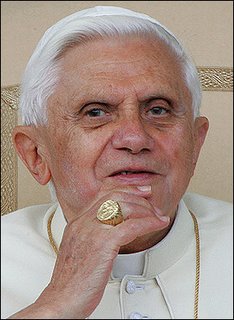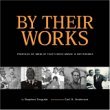
"I am the Bread sent down from Heaven." "Whoever eats my flesh and drinks my blood will have eternal life."
Jesus, are you nuts?
The words of the Bread of Life discourse, as read throughout August, are really very odd. Let's see. If I eat this guy's flesh and drink his blood...is this some kind of metaphor? Some kind of sick joke? Some kind of intellectual puzzle that I need to figure out?
What does it mean to rip off a chunk of this guy's arm, or leg, or whatever, and eat it? And drink his blood? We're not supposed to drink blood, because it has the life in it that only God can give or take. Am I supposed to break the most fundamental taboos of my culture, because this guy says so? Maybe he's crazy. Sure sounds crazy.
But Jesus (and the Father) are self-emptiers, kenotics, if you will. They give until nothing is left. But there's never nothing left. The loaves and fishes replenishing themselves with food left over for all. The barrels or wine provided from jars of water. The signs of bringing healing out of nowhere. Surely, these are signs of an inexhaustible supply of provident love.
If I eat this man's flesh and drink his blood, there will be nothing left of him. Or will there? If I eat the bread and drink the wine--which he says are his body and blood--will I have consumed him completely? If I eat and there are leftovers in abundance, what does that mean?
Might it mean that I have enough to give? Might it mean that what I get is more than I need, and plenty to share? If I am nourished, can I nourish others with the overabundance? If I am strengthened, does not my strength return with enough to strengthen others>? If I am healed, does not my healing begin to heal others?
I am the Bread of Life. A little goes a long way. The God who gives so abundantly and without reservation. He gives in order to strengthen and to heal the world through us. We have more than we need to bring God's love to all the world. Should we hoard this nourishment? Or must we also empty ourselves, trusting that the larder will always be replenished?
Share in the eternal moment which is not constrained by the laws of entropy or of supply and demand. In which the pantry is filled by being emptied. In which the self is saved by being poured out. In which the soul lives by giving itself to service and suffering and death.







